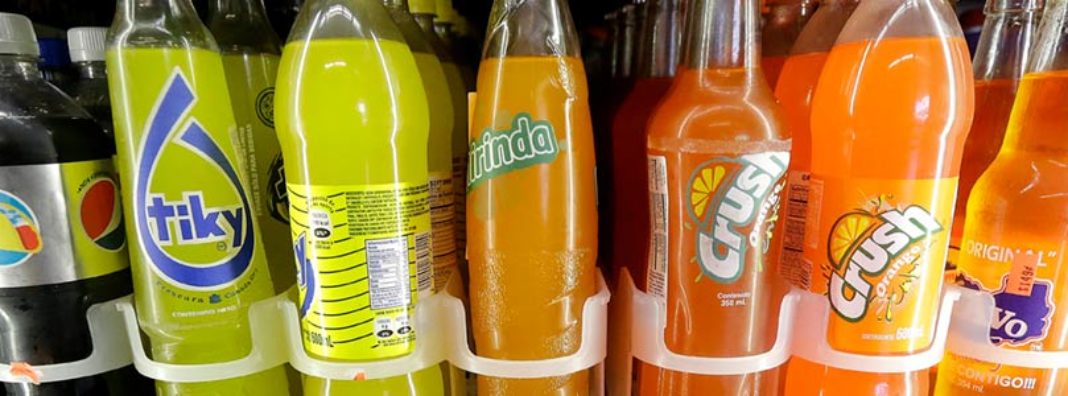
California recently banned future local soda taxes until 2031 as part of a compromise bill signed by Gov. Jerry Brown. Places like Berkeley and Oakland, where taxes on sugar-sweetened beverages already are in place, can keep them, but other cities and counties cannot enact new ones.
Public health groups immediately began complaining that the move prevents local governments from “nudging” low-income people towards healthier lifestyles by raising the price of a major source of sugar. Such arguments, however, substitute short-sighted thinking for more thoughtful consideration. Soda taxes hurt the very people they are meant to help and aren’t effective in reducing obesity, Type 2 diabetes, or any other public health problem.
A factor often overlooked in debates about soda taxes are the ways in which rational consumers and producers actually behave. Only days before California banned soda taxes, for example, a market research firm released new forecasts showing a growing demand for bottled water because consumers want healthier alternatives to soft drinks. That shift in dietary choices isn’t really news. Beverage-Digest, an industry trade magazine, reported that in 2016, soda consumption in the United States fell to a 31-year low.
Soda manufacturers are responding to the demand for alternatives (and to the threat to their sales from taxes being proposed or imposed in other cities and states) by introducing new lines of zero-calorie, unsweetened fruit-flavored carbonated water. Sugary soda simply is being replaced by healthier choices regardless of the efforts of well-meaning public health advocates.
Soda taxes not only are unneeded interventions into the marketplace — they simply don’t work. When soda prices rise, some consumers satisfy their sweet cravings by choosing other sugary foods that aren’t taxed. That substitution makes soda taxes less effective than they might at first appear. In fact, scholarly estimates taking account of substitution between soda and other sweets find that the health benefits of a soda tax are quite small. One study in the American Journal of Agricultural Economics found that people would lose less than a pound in the first year and only about a pound and a half in the 10 years after a soda tax of one half-cent per ounce goes into effect.
It’s also clear that people quickly learn how to avoid a local soda tax. Almost immediately after Philadelphia enacted its soda tax, maps to stores beyond the city limits appeared on social media. In Seattle, Costco listed on cash register receipts the amount the soda tax added to soft-drink prices and then suggested two other Costcos outside the taxed area. So even when a tax seems to reduce soda sales, purchases may be increasing elsewhere. That is exactly what one study of Berkeley’s soda tax found. Although soda sales in Berkeley fell, they rose outside of the city.



 Orange County Register
Orange County Register